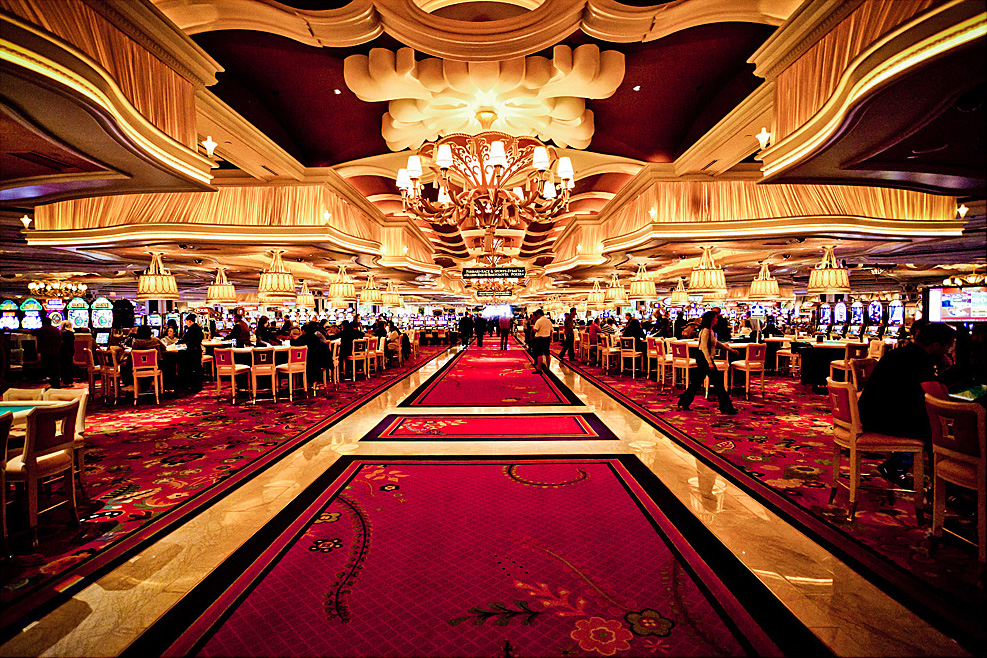
Casino games have long captured the imagination of humans around the planet, becoming an integral part of both entertainment and society. From the sparkling lights of the Vegas Strip to the engaging experience of online gaming, these activities evoke thrill, risk, and sometimes even a sense of nostalgia. They are more than simply pastimes; they have woven themselves into the fabric of our lives, influencing various aspects from movies and music to fashion and writing.
The allure of casino games goes beyond the gambling aspect, tapping into larger themes of fortune, possibility, and human behavior. As players assemble around a card table or spin the roulette wheel, they engage in an age-old ritual that connects with our collective desire for thrill and uncertainty. This fascination has led to the rise of numerous references in cinema, music, and electronic games, showcasing how deeply entrenched these activities are in mainstream culture. Whether it is the intense drama of a legendary robbery film or the lively nightlife portrayed in music videos, casino games have created a substantial role that reflects our bond with risk.
Social Importance of Gambling Games
Casino games have played a crucial role in social contexts throughout history. Originating from ancient civilizations, games of chance were often connected to ceremonies or events. For instance, early iterations of gambling can be linked back to ancient China and the Roman Empire, where dice games and wagering on outcomes were common pastimes. These activities not only functioned as leisure but also as methods of connecting people, facilitating relationships among individuals within societies.
As societies evolved, so did the sophistication and organization of gambling games. The creation of official casinos in the 17th century, particularly in Italy, marked a significant shift in how games were viewed and structured. With specific spaces for gambling, the casino became a community center where patrons from various backgrounds convened. This change contributed to the legitimization of gambling, transforming it from a mere pastime into an organized industry that influenced the economy and regulations.
The impact of casino games on popular culture cannot be understated. As they were brought into the limelight in literature and film, games such as poker and blackjack became symbols of chance, luck, and strategy. Iconic figures and stories have emerged around these games, reflecting societal views towards luck, wealth, and vice. This fascination with casino games has permeated various forms of media, solidifying their status in the public imagination and connecting them to broader cultural stories throughout history.
Depiction of Casino Games in Entertainment
Casino activities have long been a popular topic in different types of entertainment, reflecting both the fascination and nuances of gambling culture. Movies such as Ocean’s Eleven and Casino Royale portray figures who navigate intense situations, showcasing not only the appeal of the gambling environment but also the tactics and choices that come with playing popular games like Texas Hold’em and blackjack. These movies often dramatize the excitement of winning and the potential results of losing, encapsulating the dangers involved in gambling.
Television shows have also explored the world of gambling activities, often integrating them into the plot as a setting for story progression and conflict. Series like Vegas depict the lives of gambling employees and customers, highlighting the vibrant, often chaotic energy of the casino floor. Docuseries featuring intense gambling competitions further emphasize the fascination of casino games, drawing viewers into the drama and planning involved in each session. non GamStop casino Through these depictions, media not only entertains but also stimulates conversations about fortune, skill, and the nature of chance.
Digital games have increasingly integrated casino games into their structure, allowing players to simulate the feeling of betting without financial exposure. Games within the domain of digital gaming often include online slot machines, online poker, and other popular casino games, creating an immersive gameplay that mirrors actual casino experiences. These digital representations make gambling activities accessible to a broad demographic, appealing to both players who indulge and those who enjoy the thrill of virtual experiences. As a result, the portrayal of gambling activities in entertainment continues to shape societal views and cultural significance, highlighting their role in society and social context.
Impact of Casino Games on Communities
Casino games have a meaningful effect on communities, affecting various facets of culture and social behavior. They often serve as a venue for community engagement, where people gather to experience a common activity. Casino trips with friends or trips to casinos become social activities that build connections and create memories. This collective aspect boosts the fun value of casino games, making them a popular choice for festivities and recreational pursuits.
Additionally, casino games have been portrayed in countless movies, TV series, and literature, shaping views and attitudes towards gaming and betting. Icons like James Bond playing baccarat or the intense poker scenes in films have cemented these games in the collective imagination. This depiction often glamorizes the culture associated with casino activities, attracting new players and influencing trends in both style and conduct. These representations can ignite curiosity and lead to a more profound investigation of the intricacies of gaming.
However, there are also negative consequences linked to the widespread appeal of casino games. The temptation of quick monetary gain can lead to problem gambling and economic troubles for some people. Society must contend with these issues, promoting responsible gambling and education of the risks involved. Balancing the fun aspect of casino games with the risks is vital to ensure that they continue to be a positive aspect of our cultural landscape.
